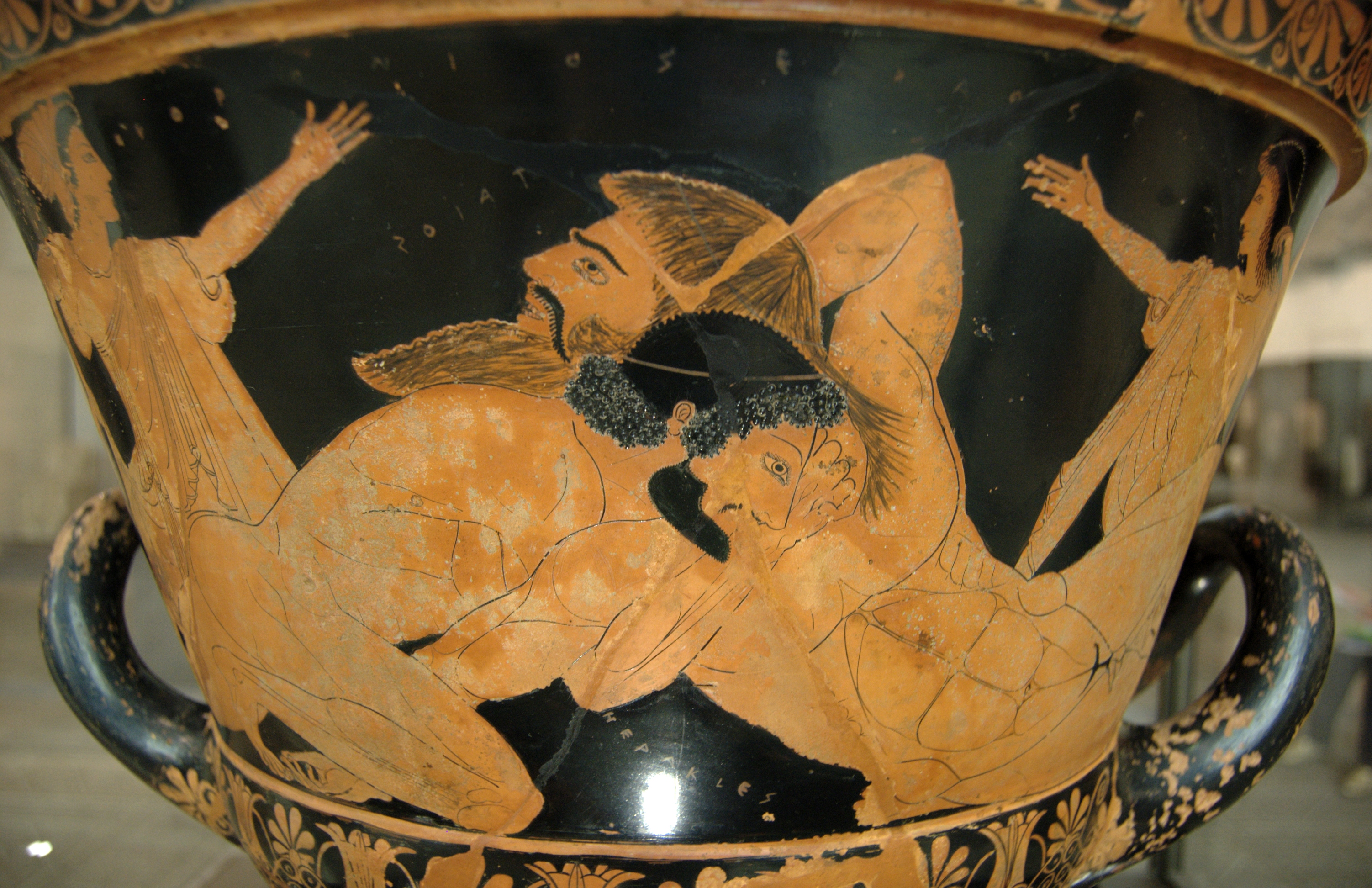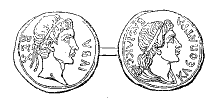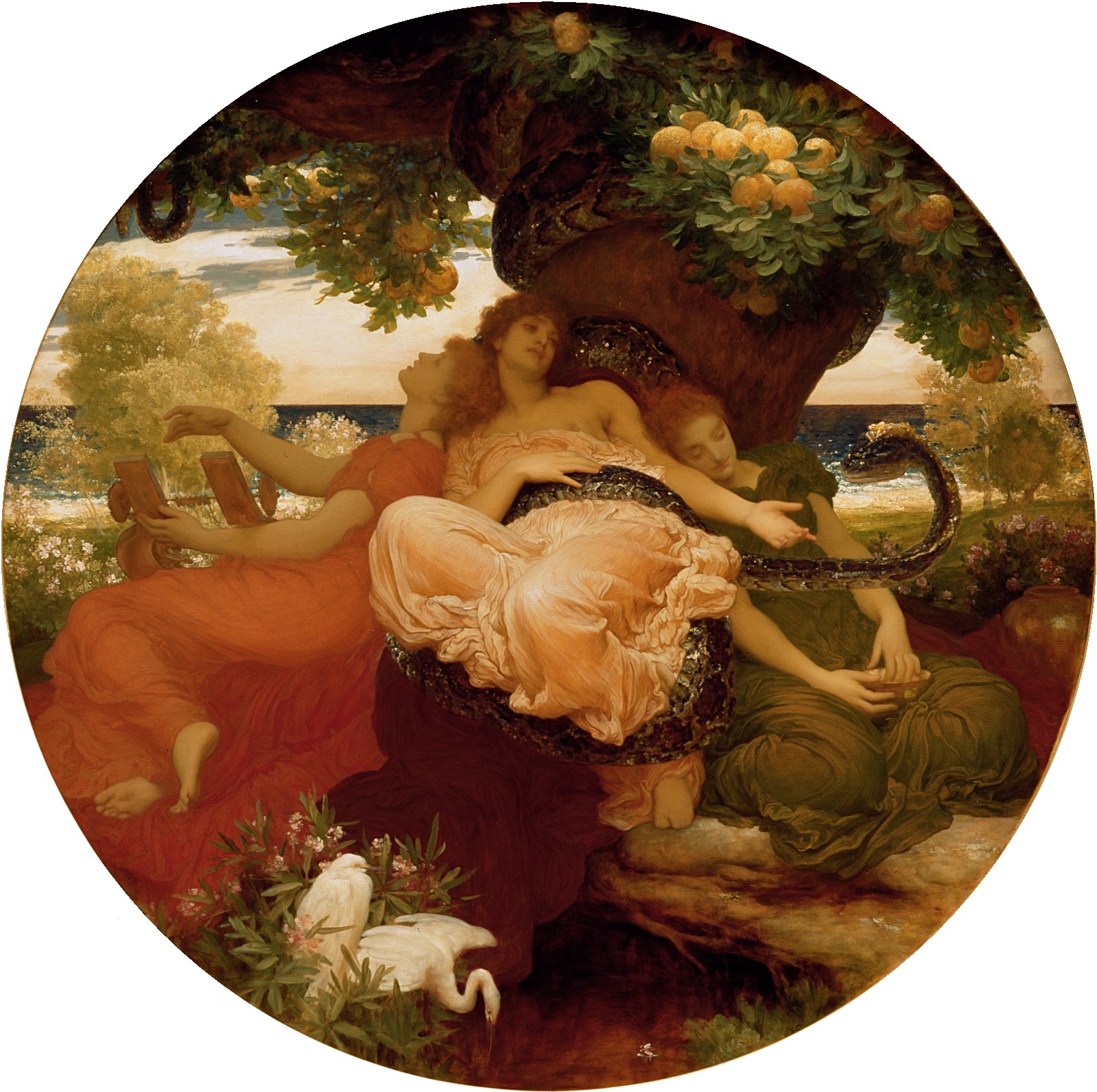|
Tingis
Tingis (Latin; grc-gre, Τίγγις ''Tíngis'') or Tingi ( Ancient Berber:), the ancient name of Tangier in Morocco, was an important Carthaginian, Moor, and Roman port on the Atlantic Ocean. It was eventually granted the status of a Roman colony and made the capital of the province of Mauretania Tingitana and, after Diocletian's reforms, the diocese of Hispania. Legends The Greeks claimed that Tingis had been named for a daughter of the titan Atlas, who was supposed to support the vault of heaven nearby. They claimed that the Berber legends comported with the stories of Hercules's labors, which carried him to North Africa and the North Atlantic to retrieve the golden apples of the Hesperides. Having killed her husband Antaeus and again condemned her father to eternally supporting the firmament, Hercules slept with Tinja and fathered the Berber hero Syphax. Syphax supposedly founded the port of Tingis and named it his mother's honor after her death.. The gigan ... [...More Info...] [...Related Items...] OR: [Wikipedia] [Google] [Baidu] |
Tangier
Tangier ( ; ; ar, طنجة, Ṭanja) is a city in northwestern Morocco. It is on the Moroccan coast at the western entrance to the Strait of Gibraltar, where the Mediterranean Sea meets the Atlantic Ocean off Cape Spartel. The town is the capital of the Tanger-Tetouan-Al Hoceima region, as well as the Ṭanja-Aẓila Prefecture of Morocco. Many civilisations and cultures have influenced the history of Tangier, starting from before the 10th centuryBCE. Between the period of being a strategic Berber town and then a Phoenician trading centre to Morocco's independence era around the 1950s, Tangier was a nexus for many cultures. In 1923, it was considered as having international status by foreign colonial powers and became a destination for many European and American diplomats, spies, bohemians, writers and businessmen. The city is undergoing rapid development and modernisation. Projects include tourism projects along the bay, a modern business district called Tangier City C ... [...More Info...] [...Related Items...] OR: [Wikipedia] [Google] [Baidu] |
Mauretania Tingitana
Mauretania Tingitana (Latin for " Tangerine Mauretania") was a Roman province, coinciding roughly with the northern part of present-day Morocco. The territory stretched from the northern peninsula opposite Gibraltar, to Sala Colonia (or Chellah) and Volubilis to the south, and as far east as the Mulucha (or Malva) river. Its capital city was Tingis, which is the modern Tangier. Other major cities of the province were Iulia Valentia Banasa, Septem, Rusadir, Lixus and Tamuda. History After the death in 40 AD of Ptolemy of Mauretania, the last Ptolemaic ruler of the Kingdom of Mauretania, in about 44 AD Roman Emperor Claudius annexed the kingdom to the Roman Empire and partitioned it into two Roman provinces: Mauretania Tingitana and Mauretania Caesariensis. The Mulucha ( Moulouya River), located around 60 km west of modern Oran, Algeria, became the border separating them. The Roman occupation did not extend very far into the continent. In the far west, t ... [...More Info...] [...Related Items...] OR: [Wikipedia] [Google] [Baidu] |
Tinjis
Tinjis ( ber, translit=Tinja, ⵜⵉⵏⵊⴰ) (also called Tinga, and also spelled as Tingis) was a Ancient Libya, Libyan queen as the wife of King Antaeus in Traditional Berber religion, Berber and Greek mythology, and some kind of a female deity. Family Tinjis' husband was the son of Poseidon and Gaia (mythology), Gaia. Tinjis bore Antaeus daughters named Alceis or Barce (mythology), Barce and probably Iphinoe (mythology), Iphinoe who mothered Palaemon (Greek mythology), Palaemon by the hero Heracles. Mythology The historian and archaeologist Mustapha Ouachi noticed that the city Tangier is geographically related to its myth. The mother of Antaeus was the goddess of the Earth whereas the father of Antaeus was Poseidon who was the Greek sea gods, god of the sea, according to the Libyan legend. In addition, Herodotus considered Poseidon to be an ancient Libyan god that was adopted by the Ancient Greece, ancient Greeks, like Athena. According to Plutarch, the Berbers, Amazigh ... [...More Info...] [...Related Items...] OR: [Wikipedia] [Google] [Baidu] |
Antaeus
Antaeus (; Ancient Greek: Ἀνταῖος ''Antaîos'', "opponent", derived from , ''antao'' – 'I face, I oppose'), known to the Berbers as Anti, was a figure in Berber and Greek mythology. He was famed for his defeat by Heracles as part of the Labours of Hercules. Family In Greek sources, he was the half-giant son of Poseidon and Gaia, who lived in the interior desert of Libya. His wife was the goddess Tinge, for whom it was claimed that the city of Tangier in Morocco was named (though it could be the other way around), and he had a daughter named Alceis or Barce. Another daughter, Iphinoe, consorted with Heracles. Mythology Antaeus would challenge all passers-by to wrestling matches and remained invincible as long as he remained in contact with his mother, the earth. As Greek wrestling, like its modern equivalent, typically attempted to force opponents to the ground, he always won, killing his opponents. He built a temple to his father using their skulls. Anta ... [...More Info...] [...Related Items...] OR: [Wikipedia] [Google] [Baidu] |
Mauretania
Mauretania (; ) is the Latin name for a region in the ancient Maghreb. It stretched from central present-day Algeria westwards to the Atlantic, covering northern present-day Morocco, and southward to the Atlas Mountains. Its native inhabitants, seminomadic pastoralists of Berber ancestry, were known to the Romans as the Mauri and the Masaesyli. In 25 BC, the kings of Mauretania became Roman vassals until about 44 AD, when the area was annexed to Rome and divided into two provinces: Mauretania Tingitana and Mauretania Caesariensis. Christianity spread there from the 3rd century onwards. After the Muslim Arabs subdued the region in the 7th century, Islam became the dominant religion. Moorish kingdom Mauretania existed as a tribal kingdom of the Berber Mauri people. In the early 1st century Strabo recorded ''Maûroi'' (Μαῦροι in greek) as the native name of a people opposite the Iberian Peninsula. This appellation was adopted into Latin, whereas the Greek name f ... [...More Info...] [...Related Items...] OR: [Wikipedia] [Google] [Baidu] |
Morocco
Morocco (),, ) officially the Kingdom of Morocco, is the westernmost country in the Maghreb region of North Africa. It overlooks the Mediterranean Sea to the north and the Atlantic Ocean to the west, and has land borders with Algeria to the east, and the disputed territory of Western Sahara to the south. Mauritania lies to the south of Western Sahara. Morocco also claims the Spanish exclaves of Ceuta, Melilla and Peñón de Vélez de la Gomera, and several small Spanish-controlled islands off its coast. It spans an area of or , with a population of roughly 37 million. Its official and predominant religion is Islam, and the official languages are Arabic and Berber; the Moroccan dialect of Arabic and French are also widely spoken. Moroccan identity and culture is a mix of Arab, Berber, and European cultures. Its capital is Rabat, while its largest city is Casablanca. In a region inhabited since the Paleolithic Era over 300,000 years ago, the first Moroccan st ... [...More Info...] [...Related Items...] OR: [Wikipedia] [Google] [Baidu] |
Carthaginian Empire
Carthage () was a settlement in modern Tunisia that later became a city-state and then an empire. Founded by the Phoenicians in the ninth century BC, Carthage reached its height in the fourth century BC as one of the largest metropolises in the worldGeorge Modelski, ''World Cities: –3000 to 2000'', Washington DC: FAROS 2000, 2003. . Figures in main tables are preferentially cited. Part of former estimates can be read at Evolutionary World Politics Homepage Archived 2008-12-28 at the Wayback Machine and the centre of the Carthaginian Empire, a major power in the ancient world that dominated the western Mediterranean. Following the Punic Wars, Carthage was destroyed by the Romans in 146 BC, who later rebuilt the city lavishly. Carthage was settled around 814 BC by colonists from Tyre, a leading Phoenician city-state located in present-day Lebanon. In the seventh century BC, following Phoenicia's conquest by the Neo-Assyrian Empire, Carthage became independent, gradually ... [...More Info...] [...Related Items...] OR: [Wikipedia] [Google] [Baidu] |
Berber People
, image = File:Berber_flag.svg , caption = The Berber flag, Berber ethnic flag , population = 36 million , region1 = Morocco , pop1 = 14 million to 18 million , region2 = Algeria , pop2 = 9 million to ~13 million , region3 = Mauritania , pop3 = 2.9 million , region4 = Niger , pop4 = 2.6 million, Niger: 11% of 23.6 million , region5 = France , pop5 = 2 million , region6 = Mali , pop6 = 850,000 , region7 = Libya , pop7 = 600,000 , region8 = Belgium , pop8 = 500,000 (including descendants) , region9 = Netherlands , pop9 = 467,455 (including descendants) , region10 = Burkina Faso , pop10 = 406,271, Burkina Faso: 1.9% of 21.4 million , region11 = Egypt , pop11 = 23,000 or 1,826,580 , region12 = Tunisia , ... [...More Info...] [...Related Items...] OR: [Wikipedia] [Google] [Baidu] |
Sufax
Sufax, Syphax, Sufaqs or Sophax (Ancient Greek: Σόφακος ''Sophaxus'') was a hero or demigod from the Berber and Greek mythologies. Family According to the myth, Sufax was the son of goddess Tinjis from her second marriage to demigod Heracles, and the grandson of Zeus and mortal Alcmene.Hesiod, ''Shield of Heracles'1 ff./ref> His half-sister was likely Iphinoe, and his half-brother (and possible half-nephew) was Palaemon, son of Iphinoe and Heracles. Mythology Sufax replaced his mother's first husband Antaeus as a guard of the country of the Berbers (or Imazighen). He is said to be the founder of Tangier in memory to his mother. According to the Berber mythology, many of the Berber kings are descendants of Sufax, who defended their lands. He had a son, Diodorus, who reigned over many North African Berber tribes with the help of the Olympians.Flavius Josephus, '' Antiquitates Judaicae'' 1.238 According to the ancient Greek historian Plutarch, many of the myths we ... [...More Info...] [...Related Items...] OR: [Wikipedia] [Google] [Baidu] |
Berber Language
The Berber languages, also known as the Amazigh languages or Tamazight,, ber, label= Tuareg Tifinagh, ⵜⵎⵣⵗⵜ, ) are a branch of the Afroasiatic language family. They comprise a group of closely related languages spoken by Berber communities, who are indigenous to North Africa.Hayward, Richard J., chapter ''Afroasiatic'' in Heine, Bernd & Nurse, Derek, editors, ''African Languages: An Introduction'' Cambridge 2000. . The languages were traditionally written with the ancient Libyco-Berber script, which now exists in the form of Tifinagh. Today, they may also be written in the Berber Latin alphabet or the Arabic script, with Latin being the most pervasive. Berber languages are spoken by large populations of Morocco, Algeria and Libya, by smaller populations of Tunisia, northern Mali, western and northern Niger, northern Burkina Faso and Mauritania and in the Siwa Oasis of Egypt. Large Berber-speaking migrant communities, today numbering about 4 million, have been l ... [...More Info...] [...Related Items...] OR: [Wikipedia] [Google] [Baidu] |
Hesperides
In Greek mythology, the Hesperides (; , ) are the nymphs of evening and golden light of sunsets, who were the "Daughters of the Evening" or "Nymphs of the West". They were also called the Atlantides () from their reputed father, the Titan Atlas.Diodorus Siculus. ''Library4.27.2' Etymology The name means ''originating from Hesperos'' (evening). ''Hesperos'', or ''Vesper'' in Latin, is the origin of the name Hesperus, the evening star (i.e. the planet Venus) as well as having a shared root with the English word "west". Mythology The nymphs of the evening Ordinarily, the Hesperides number three, like the other Greek triads (the Three Graces and the Three Fates). "Since the Hesperides themselves are mere symbols of the gifts the apples embody, they cannot be actors in a human drama. Their abstract, interchangeable names are a symptom of their impersonality", classicist Evelyn Byrd Harrison has observed. They are sometimes portrayed as the evening daughters of Night (Nyx) ... [...More Info...] [...Related Items...] OR: [Wikipedia] [Google] [Baidu] |







